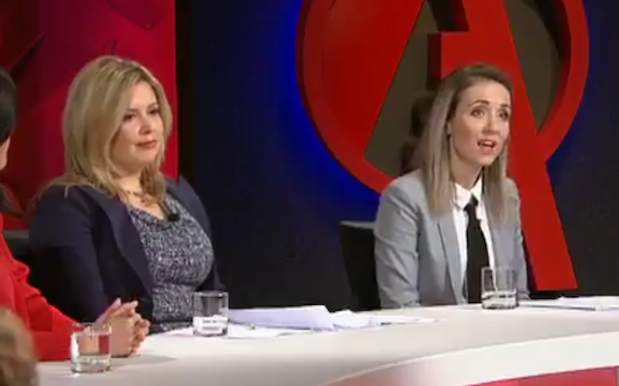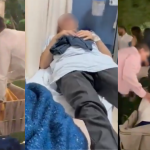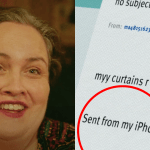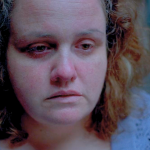When
Q&A isn’t serving as a coliseum for opposing ideologues to verbally hack each other to death, it can actually be quite a powerful platform for diametrically opposed views to meet in a way that challenges supporters of both perspectives.
Tonight’s edition presented such an opportunity, as two guests – Thordis Elva, an Icelandic rape survivor who is currently engaged in a speaking tour with the perpetrator, and Josephine Cashman, who works on the Indigenous Advisory Council as Chair of Safe Communities Committee – spoke regarding forgiveness after sexual assault.
Elva was first asked how a survivor could attain “closure” if the perpetrator of their abuse had exhibited no remorse (
Tom Stranger, the
Australian who raped Elva but never faced charges,
claims remorse. He says he is participating in the speaking tour as a form of education to other men).
Her response was that forgiveness shouldn’t be predicated on the feelings of the perpetrator, saying “I think that there is a world where you can let go of all of those emotions and find reconciliation and peace, without that being in any way dependent on the perpetrator.”
Of course, the catalyst of their “project”, for lack of a better word, was Elva reaching out to Stranger to express the reality of her life years after the incident. That aspect was seized upon by Cashman, who said that strategy is unworkable for survivors.
Elva said she wishes there had been a way for her to put her case through the legal system. She maintained her case was not a template for survivors and obviously supported Cashman’s emphasis on the legal system; in turn, Cashman voiced her appreciation for the fact that in incredibly unique and likely non-replicable circumstances, a victim had found some kind of pathway forward which could educate others.
The emotional and ethical complexity of the concepts discussed was quite staggering, and far more worth your attention – and empathy – than the usual gamut of shouting heads. We can only hope both takeaways of this conversation – emotional fortitude and a trust in the Australian legal system – resonate with those impacted by such horrific circumstances.
Source: Q&A / ABC / Twitter.
Sexual harassment or violence is not acceptable. If you or someone you know has experienced sexual harassment or assault, you can talk to the friendly people at 1800 RESPECT on 1800 737 732 – it’s never your fault, and there are safe ways to speak out or talk to someone.




